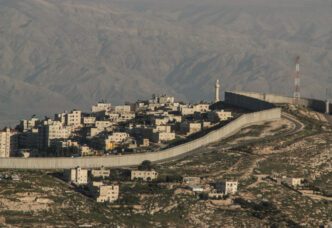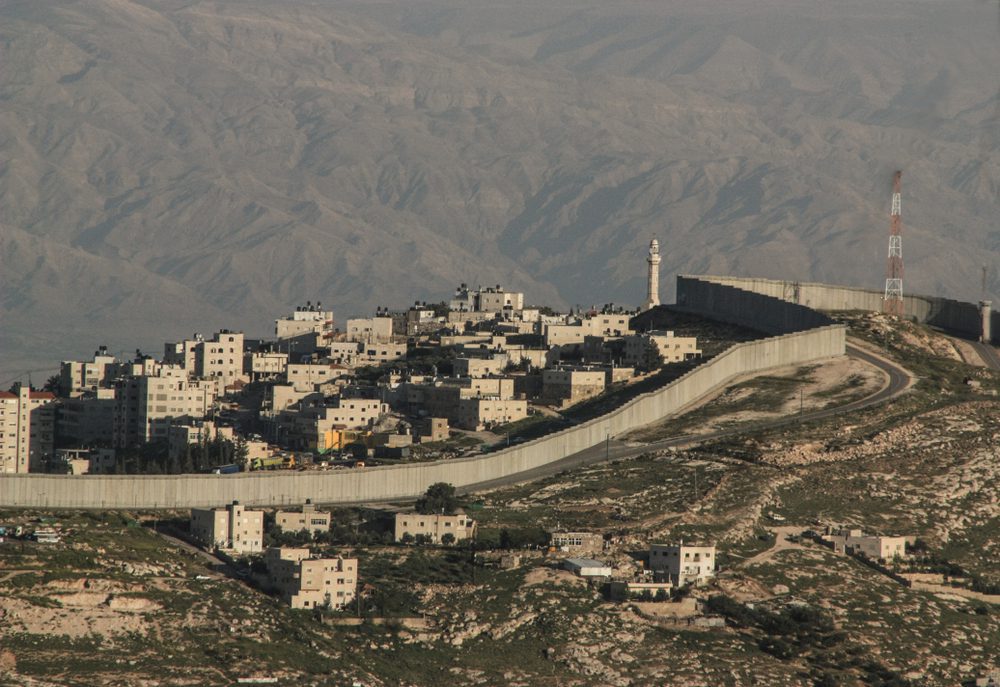Executive Summary
The Story So Far
Why This Matters
Who Thinks What?
A coalition of over 80 non-governmental organizations has launched a campaign urging European Union member states and the United Kingdom to cease all commercial and investment activities linked to Israeli settlements in Palestinian territories. The groups, including Oxfam and Amnesty International, contend that these settlements are illegal under international law and contribute to a humanitarian crisis and the fragmentation of the Palestinian economy.
The campaign, initiated on Monday, specifically calls for a ban on financial institutions providing loans to companies involved in projects within these settlements. The European Union is Israel’s largest trading partner, with merchandise trade amounting to approximately €42 billion annually, representing about 32 percent of Israel’s total trade.
All Israeli settlements in the West Bank, occupied since 1967, are considered illegal under international law. According to Oxfam, the settlement project has significantly fragmented the West Bank and damaged the Palestinian economy, leading to widespread poverty and suffering.
Corporate Involvement Allegations
The NGOs’ report singles out several companies accused of direct or indirect involvement. French supermarket giant Carrefour is cited for allegedly allowing the sale of its products in settlements through a 2022 franchise agreement with Electra Consumer Products and its subsidiary Yenot Bitan, which operates at least nine stores in these areas.
Carrefour has stated to French public radio that its franchise agreement explicitly excludes any stores located in the occupied territories. British equipment manufacturer JCB is accused of supplying machinery used for both the destruction of Palestinian homes and crops, and the construction of settlements.
Other companies named in the report include Spanish travel company eDreams-Opodo, German group TUI, Siemens, Danish shipping company Maersk, and Barclays Bank. These entities are cited for various partnerships, transport services, or financial activities linked to Israeli settlements.
The NGOs acknowledge that some companies, including Opodo-eDreams and Maersk, have reportedly altered their practices since being informed of the report’s findings.
EU Legal Framework and Policy
Currently, products originating from Israeli settlements can be imported into Europe, but they do not receive the preferential tariffs of the EU-Israel Association Agreement. Furthermore, a 2019 ruling by the European Court of Justice mandates that these products must be clearly labeled as originating from Israeli settlements.
The NGOs cite a landmark advisory opinion from the European Court of Justice, which considers member states obligated “to abstain from entering into economic or trade dealings with Israel concerning the Occupied Palestinian Territory.” It also requires states “to take steps to prevent trade or investment relations that assist in the maintenance of the illegal situation created by Israel in the Occupied Palestinian Territory.”
Recent Israeli Government Stance
This campaign follows recent statements from Israeli leaders regarding settlement expansion. Last week, Israeli Prime Minister Benjamin Netanyahu reiterated plans to expand settlements, asserting during a signing ceremony for a major settlement project in the occupied West Bank that there would be “no Palestinian state.”
The proposed expansion includes the long-stalled E1 plan, which involves building on a 12-square-kilometer tract of land between Jerusalem and the Israeli settlement of Maale Adumim. This area is considered strategically crucial as it connects the north and south of the Palestinian territory.
Last month, Israel’s far-right Finance Minister Bezalel Smotrich supported plans to construct approximately 3,400 homes on this sensitive E1 parcel. United Nations Secretary-General Antonio Guterres condemned this announcement, stating that such a settlement would effectively cleave the West Bank in two and pose an “existential threat” to a contiguous Palestinian state.
The West Bank, excluding Israeli-annexed East Jerusalem, is home to approximately three million Palestinians and about 500,000 Israeli settlers.
Outlook on EU Engagement
The calls from these NGOs highlight ongoing international pressure on European entities to reassess their economic ties to Israeli settlements, aligning with international law and EU court rulings. This advocacy aims to influence EU policy and corporate conduct amidst continued Israeli expansion plans in the West Bank.








